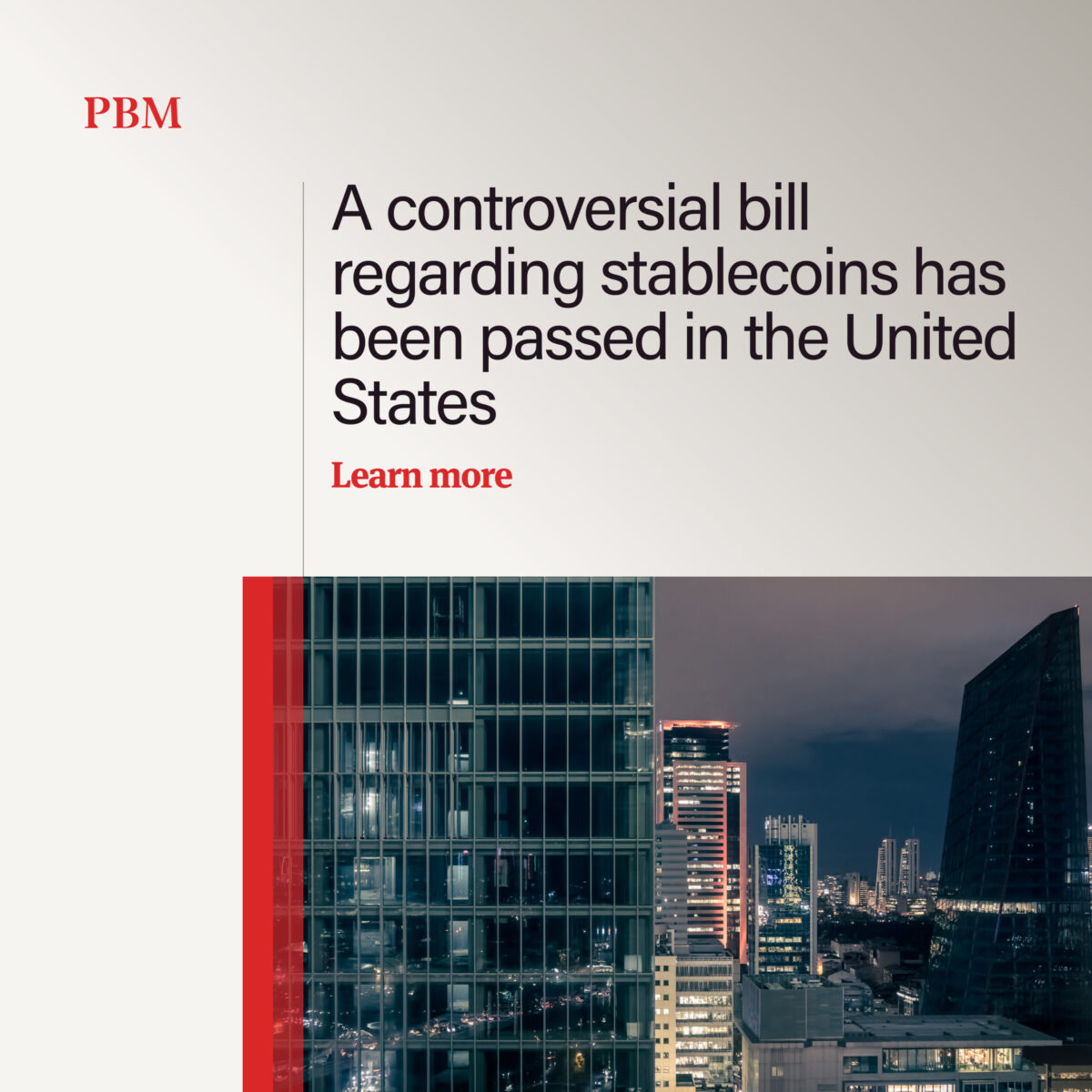Amerika’da tartışmalara yol açan stablecoinlere dair taslak kanun kabul edildi
May 22, 2025Cep telefonu, akıllı saat, tablet ve bilgisayarlara ilişkin uzaktan mesafeli sözleşmeler cayma hakkının istisnasından çıkarıldı
May 30, 2025
A controversial bill regarding stablecoins has been passed in the United States
The Guiding and Establishing National Innovation for U.S. Stablecoins Act of 2025 (also known the “GENIUS Act” (“Act”) was passed by the Senate with a vote of 66 to 32.
This Act aims to provide a regulatory framework for dollar-indexed stablecoins, a type of digital currency backed by the dollar or another currency or commodity such as gold, and to ensure that these assets operate in a safe and sound manner.
The bill is now moving toward a final vote, and only a simple majority will be required for its passage. The vote is expected to take place later this week. The vote on the Act in the Senate represents a significant bipartisan step toward establishing clear and modern regulations for stablecoins — laying a critical foundation for maintaining the stability of the financial system.
The Act defines various terms, including “payment stablecoin,” “permitted payment stablecoin issuer,” and “primary Federal payment stablecoin regulator”. A payment stablecoin is a digital asset designed to be used as a means of payment, which is backed by reserves.
Only permitted payment stablecoin issuers are allowed to issue payment stablecoins in the U.S. Issuers must maintain reserves on a 1:1 basis, at minimum, in exchange for their outstanding stablecoins, publicly disclose their redemption policies and the monthly composition of their reserves, and establish procedures for timely redemption of outstanding payment stablecoins.
The Act includes provisions to protect consumers holding payment stablecoins, ensuring that their claims have priority in insolvency proceedings. The Act mandates the development of interoperability standards for payment stablecoins to facilitate compatibility across different platforms.
The Act will take effect 18 months after its enactment or 120 days after the issuance of final regulations by the primary Federal payment stablecoin regulators. While certain concerns were pronounced in the Senate that the passage of this Act would lead the transactions of more anonymous buyers, large corporations, and foreign governments to remain out of control and increase the likelihood of money laundering, the manner of its implementation will be a matter of curiosity.


